Preventing Hair Loss: How to Protect Your Hair During Major Lifestyle Changes
Effective Tips to Maintain Healthy Hair Through Weight Loss, Stress, and Other Transitions
Life is full of transformations—whether you're embarking on a weight loss journey, starting new medications, or dealing with the stress of everyday life, your body goes through adjustments. Unfortunately, one area that often takes a hit during these changes is your hair. Hair loss can be a frustrating and unexpected side effect of major lifestyle changes, but the good news is that it’s not inevitable. With the right approach, you can protect your hair and maintain its health during times of transition.
At Nurse Holly Aesthetics in Lakewood Ranch, FL, we’ve helped countless individuals regain their hair’s strength and vitality through personalized, non-surgical treatments. In this blog, we’ll explore practical ways to prevent hair loss and how you can take control of your hair health.
1. Understand Why Lifestyle Changes Affect Hair Health
Significant changes in your lifestyle can impact your hair for several reasons:
- Nutritional Deficiencies: Drastic dietary changes, such as cutting calories or eliminating certain food groups, can deprive your body of essential nutrients like protein, iron, zinc, and vitamins that are crucial for hair growth.
- Stress: Physical and emotional stress can trigger conditions like telogen effluvium, a temporary form of hair loss that pushes hair follicles into a resting phase, leading to increased shedding.
- Hormonal Shifts: Weight loss, new medications (like Ozempic), and even stress can disrupt hormone levels, which are critical to hair health. These hormonal changes can lead to hair thinning or shedding.
2. Support Your Hair with a Balanced Diet
One of the best ways to protect your hair during lifestyle changes is to ensure you’re getting the right nutrients. Hair thrives on vitamins, minerals, and protein, so make sure your diet includes:
- Protein-rich foods: Your hair is made of keratin, a type of protein, so ensuring you eat enough lean meats, eggs, beans, and nuts is essential.
- Iron and zinc: These minerals are critical for hair follicle health. Spinach, lentils, and pumpkin seeds are great sources.
- Biotin and other B vitamins: Biotin is often recommended for healthy hair. You can find it in foods like eggs, almonds, and avocados.
- Omega-3 fatty acids: These healthy fats, found in fish, flaxseeds, and walnuts, help nourish the scalp and promote hair growth.
If you’re losing weight or making other lifestyle changes, consider speaking to a nutritionist or your doctor to ensure you’re not missing out on key nutrients that affect hair health.
3. Minimize Stress
Stress management is essential for maintaining your overall health, but it’s also crucial for protecting your hair. Chronic stress can accelerate hair shedding or thinning, especially if it leads to poor sleep or anxiety. To combat this:
- Exercise regularly: Physical activity reduces stress hormones and increases blood circulation, which can benefit your scalp and hair.
- Practice relaxation techniques: Meditation, deep breathing, or yoga can help lower stress levels.
- Prioritize sleep: Aim for 7-9 hours of quality sleep per night to give your body—and your hair—the chance to rejuvenate.
4. Be Gentle with Your Hair
During times of change, it’s important to handle your hair with care. Excessive styling, harsh treatments, and tight hairstyles can exacerbate hair loss. Keep these tips in mind:
- Limit heat styling: Avoid overuse of blow dryers, flat irons, and curling wands, which can weaken hair strands.
- Choose gentle hair products: Opt for sulfate-free shampoos and conditioners that are designed to nourish and strengthen hair rather than strip it of essential oils.
- Avoid tight hairstyles: Ponytails, buns, and braids that pull at the scalp can cause traction alopecia, a type of hair loss caused by tension on the hair follicles.
5. Consider Non-Surgical Hair Restoration
If you’re noticing more shedding than usual, it might be time to explore hair restoration options. At Nurse Holly Aesthetics in Lakewood Ranch, FL, we offer advanced, non-surgical hair restoration treatments designed to revitalize thinning hair and stimulate regrowth. Our stem cell therapy, for example, delivers millions of powerful stem cells to the scalp to awaken dormant hair follicles and promote new hair growth.
Our team will create a personalized treatment plan tailored to your specific needs, helping you achieve fuller, healthier hair without surgery or downtime.
6. Stay Consistent with Your Hair Care Routine
Once you’ve established a hair care routine, consistency is key. Regularly nourishing your scalp, taking supplements (if recommended), and following a personalized hair care plan will ensure that your hair stays strong, even during life’s biggest changes.
Protect Your Hair and Regain Confidence
Your hair is an important part of your identity, and losing it can feel disheartening. But with the right care and professional guidance, you can prevent hair loss and restore your hair’s health. If you’re experiencing hair loss due to lifestyle changes, Nurse Holly Aesthetics in Lakewood Ranch, FL, is here to help. Contact us today to schedule your free consultation and take the first step toward regaining your confidence and healthy hair.



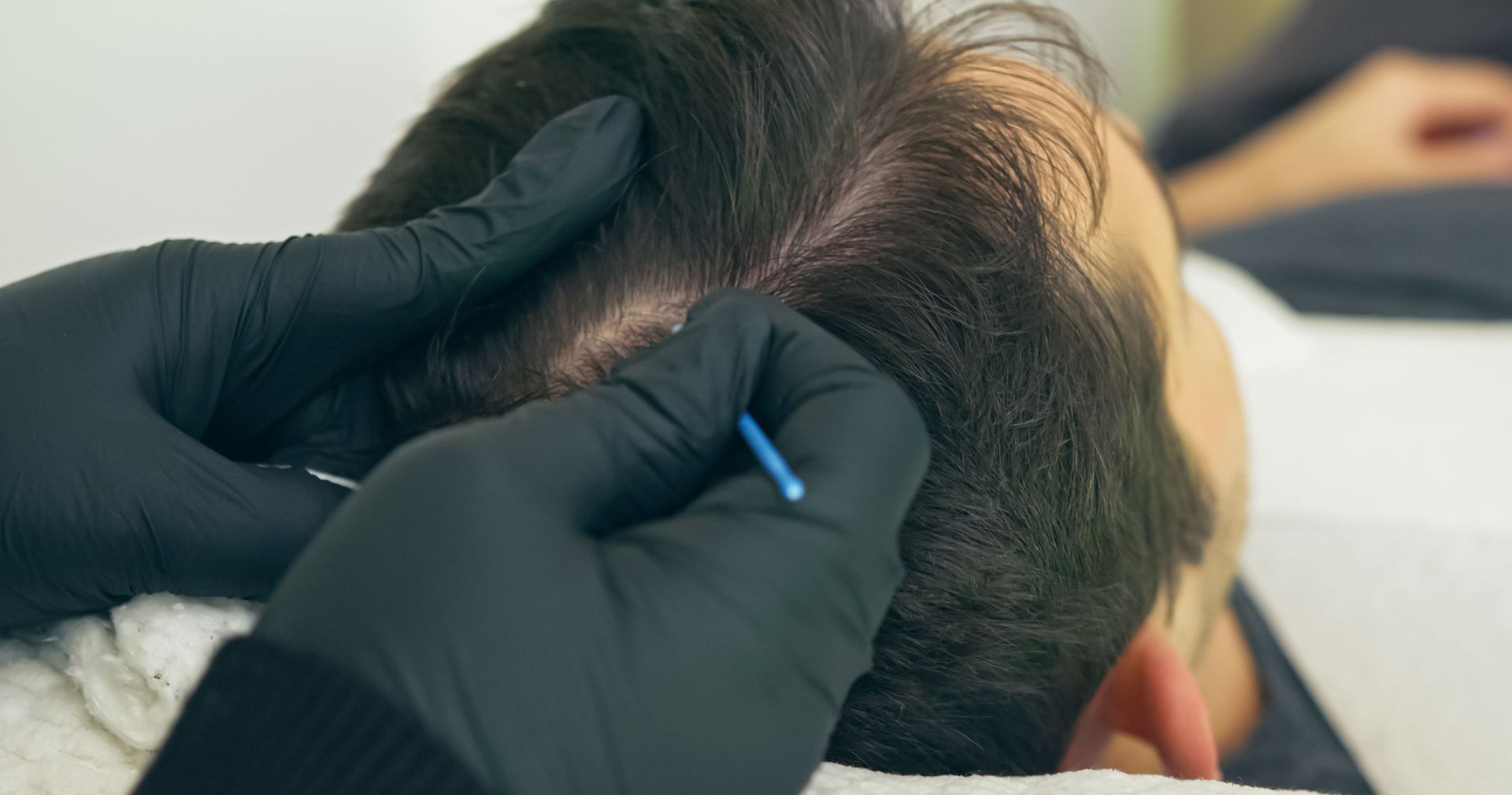
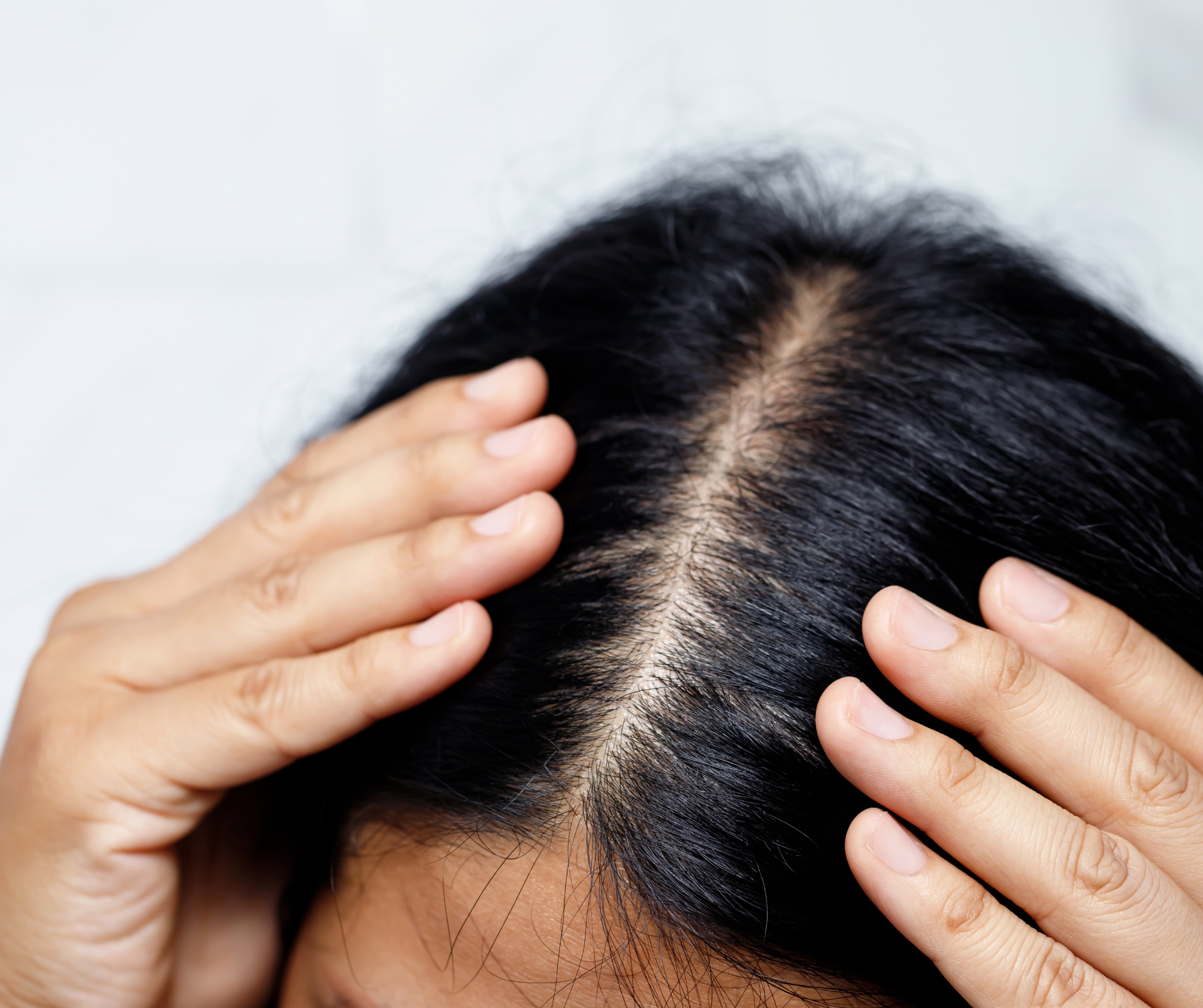
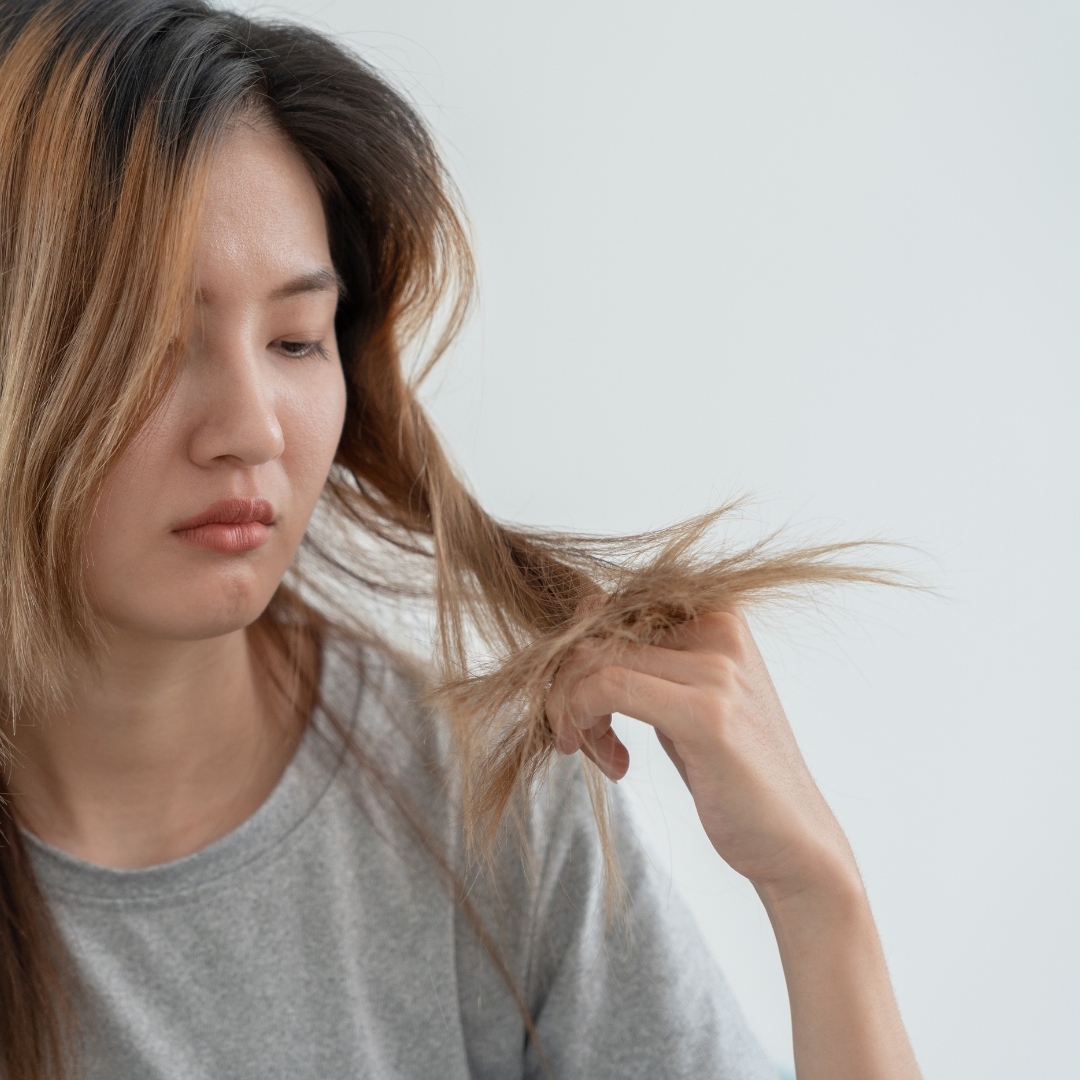
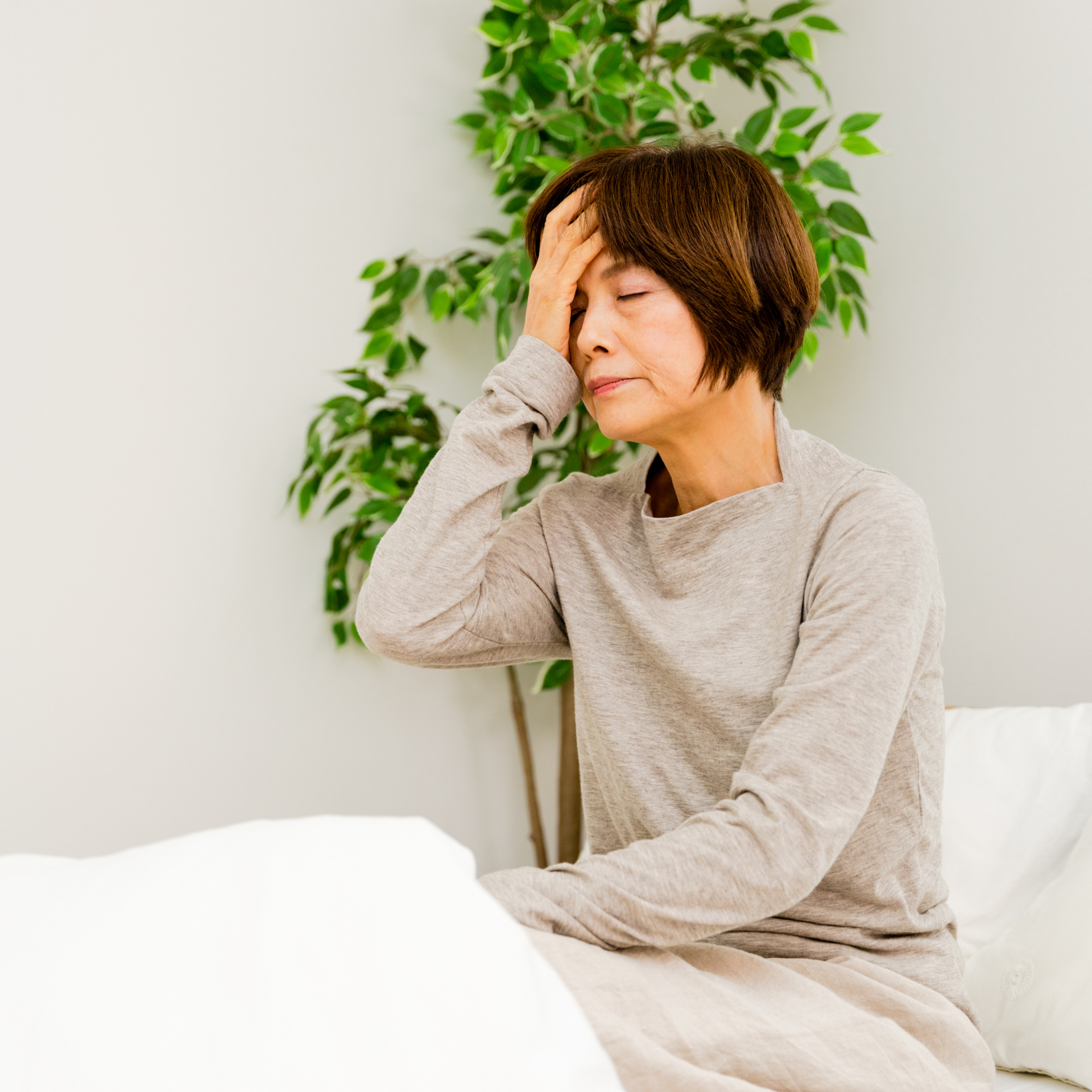

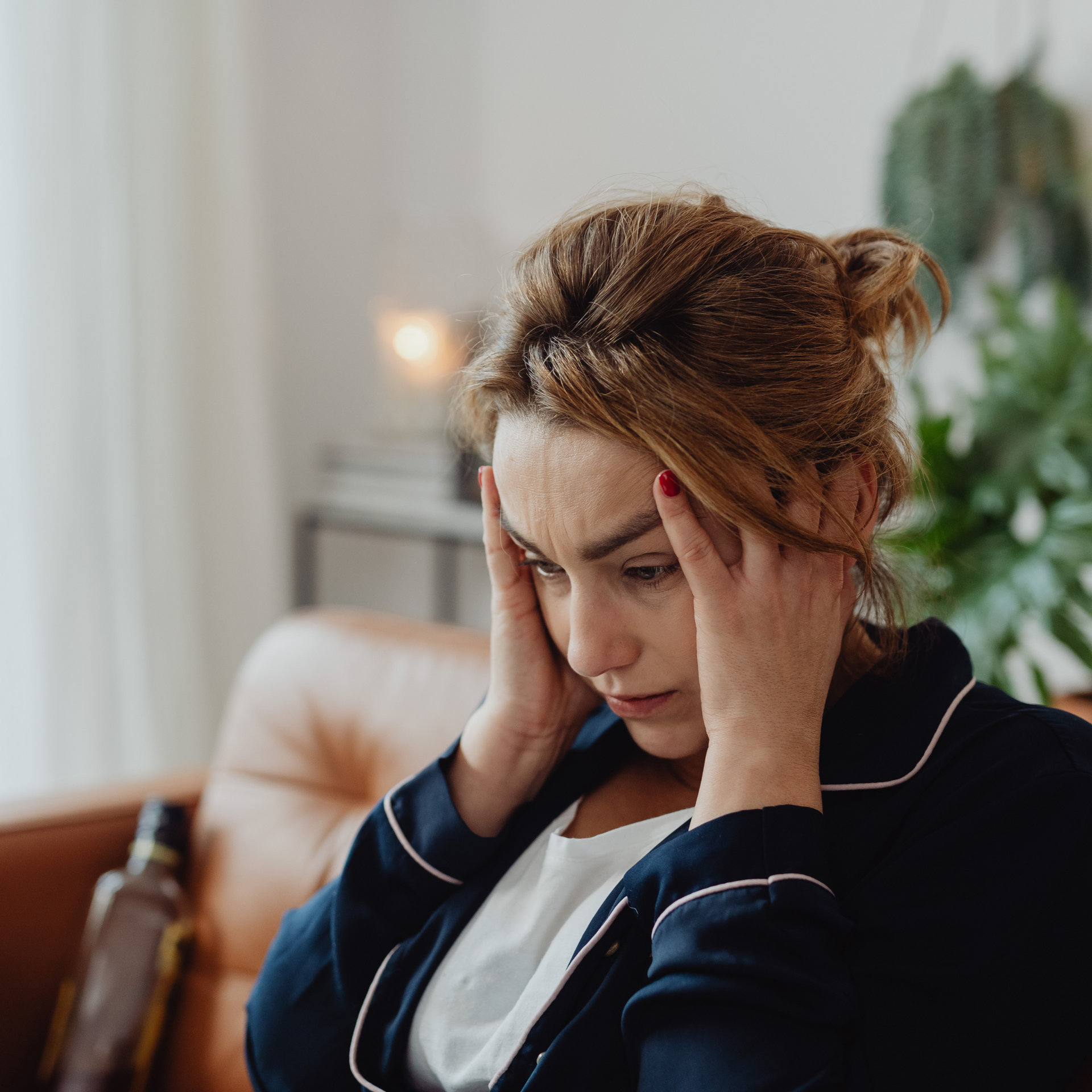


Share On: